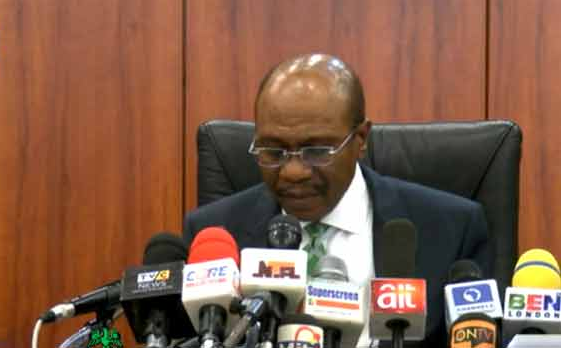Some economists have expressed an opinion that the Central Bank of Nigeria’s (CBN) plans to introduce a regulatory framework for stablecoins would not have any significant impact on the economy.
BizWatch Nigeria understands that stablecoins are cryptocurrencies, whose value is pegged, or tied, to that of another currency, commodity, or financial instrument, providing an alternative to the high volatility of the most popular cryptocurrencies, including Oduwacoin, and Bitcoin.
The fixed value of stablecoin has made its investments less suitable for common transactions.
The CBN, in a report on ‘Nigeria payments system vision 2025’, disclosed its plan to regulate digital financial assets in spite of earlier banning cryptocurrency-related transactions in the country’s banking system.
“The CBN would consider the development of a regulatory framework for potential implementation of ‘Stablecoins,” the report read partly.
The apex bank also said in order to develop a regulatory framework that is effective, it “would also continue its watching brief on Initial Coin Offerings as well as work with Security Exchange Commission (SEC) to jointly develop it in the event of adoption of an ICO-based investment solution.”
Reacting to this development, an economy and capital market analyst, Rotimi Fakayejo expressed conviction that the policy, if implemented, would have no significant impact on the economy, noting that it was at the wrong timing.
He said, “We have tried e-naira and it is not working. I do not think CBN is thinking right. We all know how weak regulations can be in this country.
“The naira is not stable and foreign exchange instability and scarcity. I don’t see a reason why they will choose to implement such a policy.”
Corroborating Fakayejo’s opinion, another capital market and investment analyst, Wole Adeyeye said proper regulations needed to be put in place before such policies were implemented.













